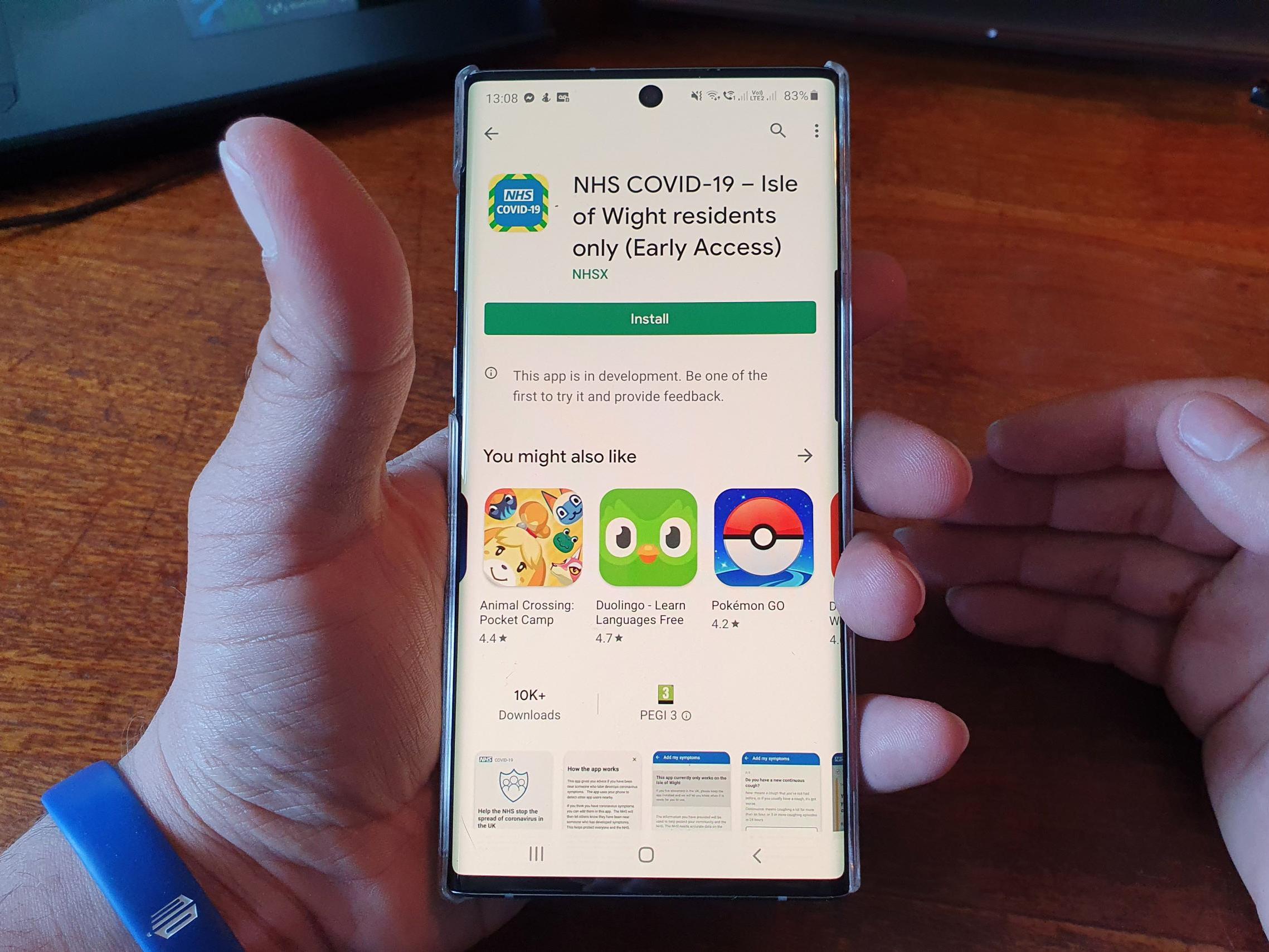
Boris Johnson has turned to Germany for help to rescue the UK’s troubled plans for a contact-tracing app to curb coronavirus – despite claiming it’s technology does not work properly.
Berlin’s ambassador in London has revealed his government had “discussed possible cooperation” with Matt Hancock, the health secretary.
“Germany’s corona app has been up and running since 16 June,” Andreas Michaelis tweeted, adding: “Experts have intensified contacts and look into moving forward together”.
Download the new Independent Premium app
Sharing the full story, not just the headlines
The move comes despite the prime minister refusing to retract a much-ridiculed claim that “no country currently has a functioning track and trace app”.
Mr Johnson did not back down even after Keir Starmer – when challenged to “name a country” with the technology – told him: “Germany, 12 million downloads. I checked that overnight.”
The prime minister is under pressure after the embarrassment of ditching plans for a custom-made NHS app – after £12m was spent on it – because of technical problems.
The UK is now seeking to adopt an existing model in cooperation with Apple and Google, despite previously ruling that out – and delaying introduction until “the winter”.
France, Australia, Singapore and Latvia are among other countries that have launched apps, although uptake has been fairly low in some of those nations.
It is believed that No 10 bases its claim on the fact that no other country’s app – because it does not centralise the data collected – can co-ordinate with a physical system to trace the contacts of people infected.
However, that programme in the UK is also facing questions after failing to reach almost 30 per cent of people who tested positive for coronavirus in England last week.
Only 70 per cent of 6,923 people were reached by staff, which means that 2,054 people with the virus – and potentially thousands of their close contacts – could not be traced by the new system.
The figures also showed that, of almost 21,000 people who have been referred to the programme since it began at the end of May, only 73 per cent were reached and asked to provide details of contacts.
The fact that one in four people with the virus had not been reached was described as “surprising and worrying” by Keith Neal, emeritus professor of the epidemiology of infectious diseases at the University of Nottingham.



